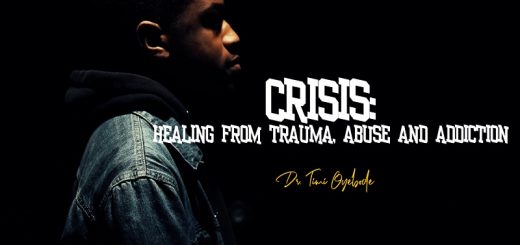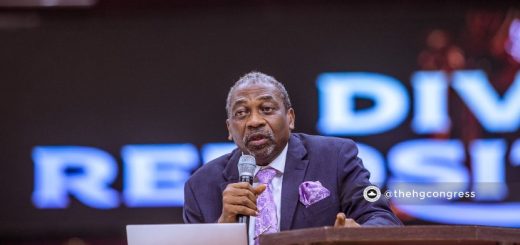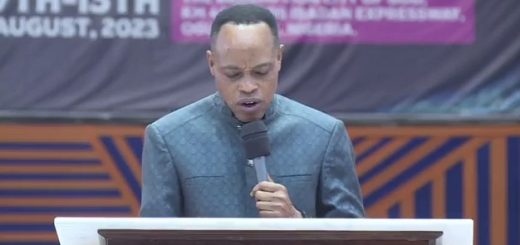THE NIGERIAN CHILD IN THE FACE OF THE LAW
We warmly welcome you all once again to the Year of our Lord 2020 AD from the Stable of The Discovery Media Crew Motivational Corner.
We are kicking off this Year to learn some valuable things about our children – The Heritage of the Lord in our care.
… We do wish you all Happy Days ahead together in Jesus Name – Amen!
Moses Durodola
- Who is a Minor?
According to the Black’s Law Dictionary 7th Edition defines a Minor as a person who has not reached full legal age, a child or juvenile- Also termed infant.
While the dictionary defines a Child as at Common law, a Person who has not reached the age of 14, though the age now varies from jurisdiction to jurisdiction.
A juvenile is a Person who has not reached the age (usually 18) at which one should treated as an adult by the criminal justice system.
The Child Rights Act 2003 defines a child as a Person under the age of 18 years and also defines age of majority as the age at which a Person attains the age of 18 years.
The Section 29(4) of the 1999 Constitution of the Federal Republic of Nigeria (as Amended) defines a child as full of age when the child attains age of 18 years and above.
There is no generally acceptable age bracket for a child in our laws. It varies from jurisdiction to jurisdiction to determine the age of a child.
2. Can an infant/child institute an action in a Court of Law?
As a general rule, Persons who are infants cannot sue or be sued in Person as they lack the legal capacity to sue and be sued.
However, an infant may therefore sue through his Next Friend and may defend his Next Friend and may defend an action by his Guardian ad litem as provided in our rules of Court.
The Next Friend or Guardian ad litem is preferably a relation of the infant as seen in case of Badejo v. Federal Ministry of Education, where Dr. Badejo sued (as ‘Next friend’) on behalf of his daughter, challenging results of common entrance examinations into Federal Government College (Queens College, Yaba Lagos & Federal Government College Ijanikin Lagos)
3. Illegitimate’ children
Section 42(2) 1999 Constitution of the Federal Republic of Nigeria (as Amended) and Section 10 of the Child Rights Act 2003 have removed the disability attached to illegitimacy of a child in Nigeria.
Irrespective of the fact that a child was born out of wedlock in Nigeria the law as prohibited any form of stigma against such child in Nigeria.
Section 10 of the Child Rights Act provides:
(I) A child shall not be subjected to any form of discrimination merely by reason of his belonging to a particular Community or Ethnic Group or by reason of his place of origin, sex, religion or political opinion.
(II) No child shall be subjected to any disability or deprivation merely by reason of the circumstances of his birth.
4. Custody in Matrimonial Causes.
The Court always considers welfare of the child(ren) of separating/divorcing Parent which is very paramount whenever the Court’s grants divorce.
Often times the Court consider the following below:
(i) The age of the Child(ren): The Court consider the age of the child(ren) concern before granting custody.
(ii) Health condition: If any of the child has any health challenge the Court often times grant either of the separating/divorcing parents who will take adequate care of such child.
(iii) Education: The Court also considers the education of the child. Where the child will be given qualitative education is also paramount.
… We appreciate the great insights from our friend, Barrister Oladipupo Abodunrin for his great inputs on this.
DISCOVERY MEDIA CREW … REACHING OUT TO THE WORLD THROUGH THE POWER OF THE GOSPEL!
Yours Always
MOSES DURODOLA
CONVENER, DISCOVERY MEDIA CREW



























Recent Comments